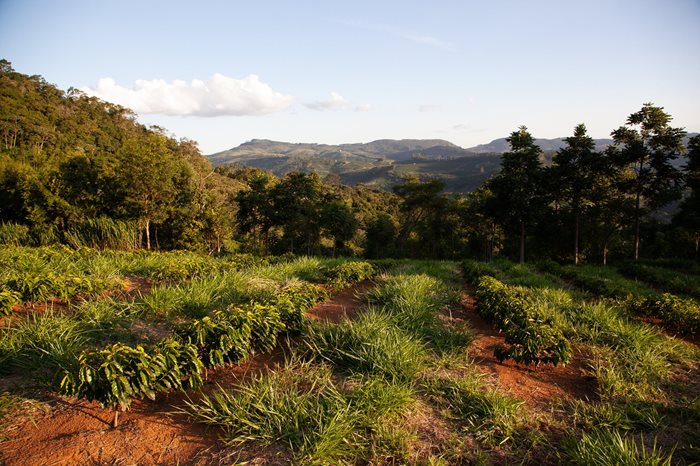The Council of the European Union has presented an updated proposal to ensure that coffee and other commodities imported into the EU are deforestation-free

A benchmarking system will assign both European and foreign countries a level of risk related to deforestation | Photo caption: Café Gato-Mourisco
The Council of the European Union has agreed a ‘general approach’ to address global deforestation. The proposal includes mandatory due diligence rules for all operators and traders who place, make available or export coffee from the EU market, alongside other products, including cocoa, soy and palm oil.
The EU Council will establish a benchmarking system, which assigns both European and foreign countries a level of risk related to deforestation (low, standard or high). The risk category determines the level of specific obligations for operators and member states’ authorities to carry out inspections and controls.
In practice, this means enhanced monitoring for high-risk countries and simplified due diligence requirements for corporations sourcing from low-risk countries.
The body has also modified the definition of ‘forest degradation’ to mean structural changes to forest cover, taking the form of the ‘conversion of primary forests into plantation forests or into other wooded land’.
“We must ensure that the products we consume at home do not contribute to depleting the planet's forest reserves. The innovative text that we have adopted will make it possible to combat deforestation, within the European Union but also outside of it. This is a major step forward which also illustrates our ambition for the climate and for biodiversity,” said Agnès Pannier-Runacher, French minister for the Energy Transition.
Coffee depends on predictable temperature and rainfall patterns and is thereforehighly vulnerable to the impacts of climate change. According to Rainforest Alliance, coffee-growing locations are becoming less suitable and farmers are having to shift to higher altitude areas – potentially into areas that were formerly forest.
The non-profit claims that there is currently little engagement from companies and governments on enforcing forest governance on forest-coffee frontier, and that an industry-wide commitment to zero-deforestation is needed.
Swiss food and beverage giant Nestlé and UK-based home products company Unilever have pledged to make their supply chains deforestation-free by the end of 2025.